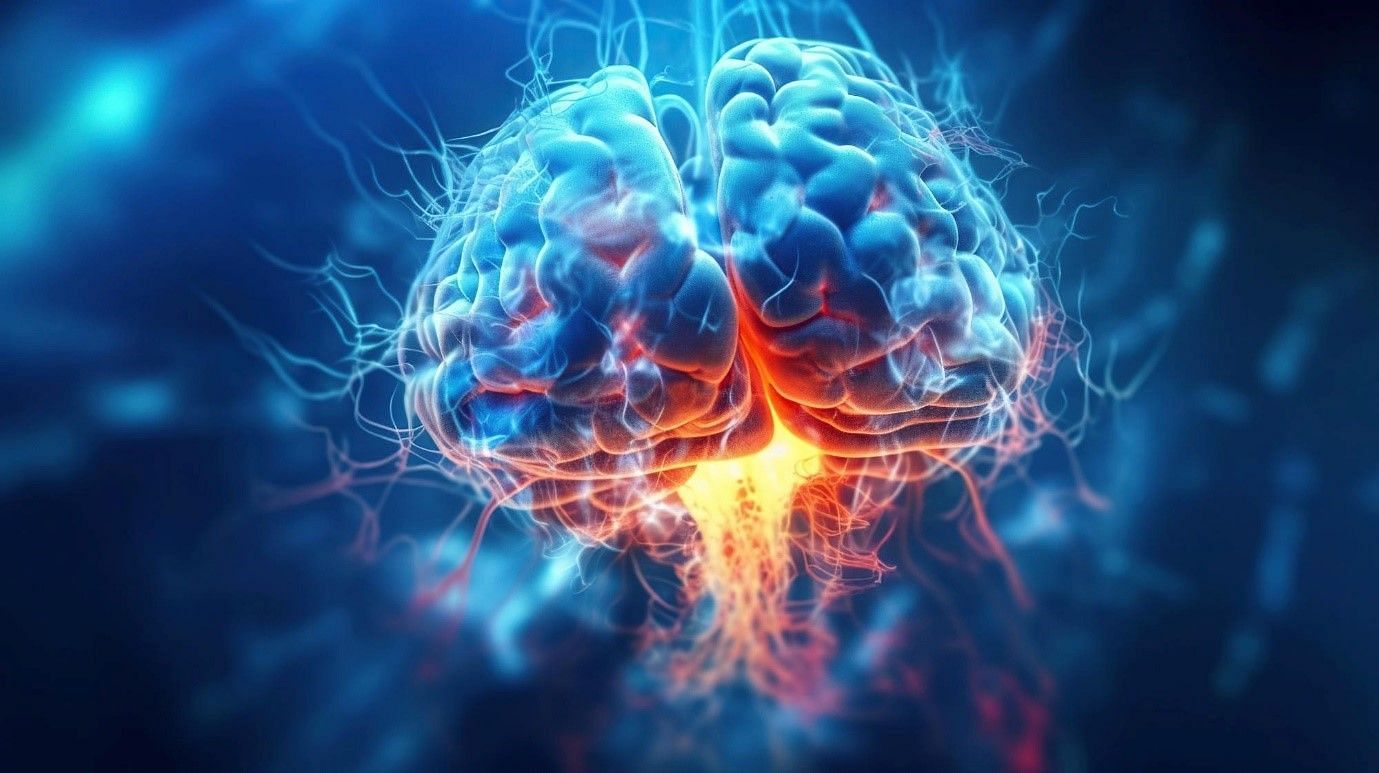Alzheimer’s is a progressive psychological disorder that has been linked to the death of brain cells. But what causes the brain cells to die remained a mystery until recently when the scientists at the UK Dementia Research Institute made a breakthrough in understanding this phenomenon.
Let’s look further into what causes Alzheimer’s disease, the common symptoms, and the potential this new study has in understanding this psychological disorder in a better way.
The Cause of Alzheimer’s

The exact reason behind people developing Alzheimer’s disease is the question whose answer scientists and psychologists have been looking for for decades. Finally, the study at the UK Dementia Research Institute is able to reveal the cause behind the development of Alzheimer’s disease.
Alzheimer’s is characterized by the accumulation of two abnormal proteins in the brain, namely Amyloid, and Tau.
While Amyloid protein forms clumps in the brain, Tau protein forms insoluble filaments, both of which accumulate in the brain to form plaque, which causes loss of proper brain functioning.
How Brain Cells Die in Alzheimer’s

The scientists from the UK Dementia Research Institute collaborated with Belgian researchers to determine how brain cells die from Alzheimer’s disease and what are the factors triggering them.
About this pivotal moment in the history of Alzheimer’s, Bart De Strooper, a fellow scientist involved in this study said:
“For the first time, we get a clue to how and why neurons die in Alzheimer’s disease. There’s been a lot of speculation for 30-40 years, but nobody has been able to pinpoint the mechanisms.”
The study was conducted in genetically modified mice which had an abnormal abundance of Amyloid, a protein causing Alzheimer’s. Human brain cells were transplanted into this special type of mice and the studies were conducted, which revealed amazing results.
The scientists observed that the accumulation of Amyloid clumps and tangles of Tau protein between neurons inside the brain triggered the production of Maternally Expressed Gene 3 molecules (MEG3).
The Maternally Expressed Gene 3 molecules are the ones responsible for the initiation of a process known as ‘Necroptosis’, which is a form of cellular suicide, causing the demise of brain cells.
Hence, it was established through this study that preventing the production of MEG3 molecules in the brain can stop brain cells from dying, subsequently reducing the progression of Alzheimer’s.
Tara Spires-Jones, the president of the British Neuroscience Association told BBC:
“This research addresses one of the fundamental gaps in Alzheimer’s research. These are fascinating results and will be important for the field moving forward. But many steps are needed until this work can help patients diagnosed with the progressive disease.”
In conclusion, the UK Dementia Research Institute has been successful in identifying the cause of cellular suicide in the brain of an Alzheimer’s patient by generation of MEG3 molecules.
This study is still in its early phases, but it can potentially help in the generation of an entire drug development line for Alzheimer’s and solve further questions of scientists and psychologists about this neurological condition.





